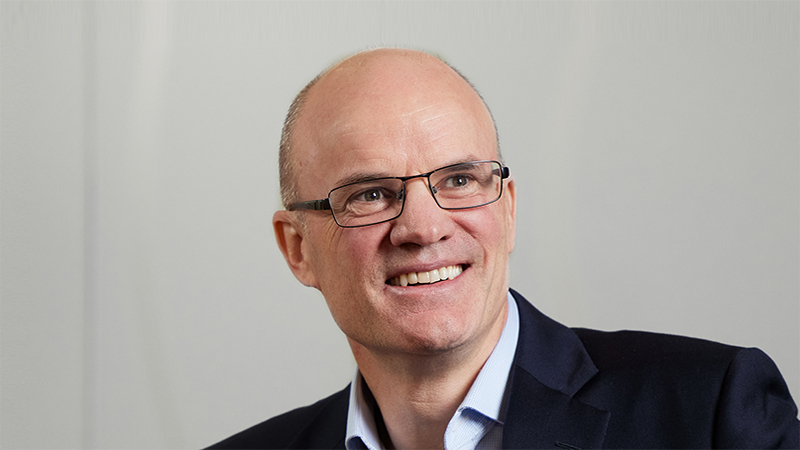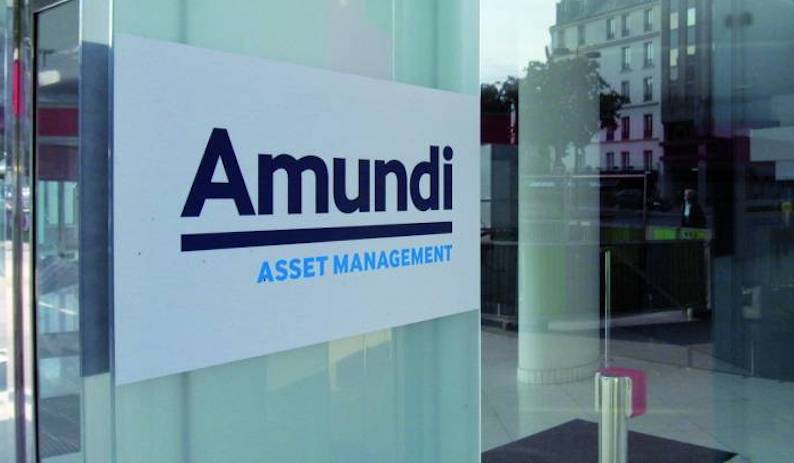However, investors have had to endure a see-saw of ups and downs as markets try to anticipate the next phase of sentiment. The down-market sentiment has been triggered mainly by concerns about the European financial crisis and the contagion from country to country, with the effects most visible in fixed income markets, government debt and bank stocks. Episodes of up-market sentiment reflect growing confidence that policymakers are ready to act and will do so soon.
Europe remains stuck
Europe remains stuck in a cruel cycle of recession, a banking system in need of life support, frozen policymakers, too much debt and a downward confidence spiral. Investors and policy makers agree on one thing: Monetary stimulus by the European Central Bank (ECB) will be the most effective in stabilizing the global financial system.
However, the ECB is one of the central banks that has done the least in terms of stimulus. Investors can only hope that weakening German growth, falling inflation and declining German government bond yields will dampen concerns about inflation among Germans. If so, the ECB may then have the reason and leeway to launch another round of quantitative easing (QE) with the specific aim of narrowing rising sovereign debt yields and restoring stability in the financial system.
Globally, we believe monetary policy will remain accommodative. Headline inflation this year has dropped in most major economies, and is likely to come down even more as global growth slows further. As a result, we believe central banks in the major economies will keep interest rates low for the foreseeable future.
US economy slow, but steady
In the United States, economic growth slowed this spring (likely due to poor weather and the earlier spike in gasoline prices), but remains intact. Still, market chatter has again turned to talk of a new round of QE from the Federal Reserve. We are dubious of such a move since US Treasury yields are at new historic lows, the economy continues on a modest but reasonable growth path and even the long-ailing housing market is stabilising.
Policy will continue to drive markets
In our view, market sentiment over the next couple of weeks will likely hinge on policy developments. The outcomes will be consequential for financial markets, and may well overshadow other news. First, the implications of Sunday’s Greek elections, in which voters narrowly favoured a pro-Europe party, will become more apparent in terms of the impact on overall European policy. The election results will likely calm world markets to some degree and ease fears that the country will leave the eurozone, but it is still a long road for Greece.
In addition, the outcome of this week’s G20 meeting of nations, while not the forum to produce concrete policy actions, could set the tone for policy responses in coming months. We would expect the G20 to encourage Europe to move further toward fiscal and banking union and central banks to ease policy.
In the United States, this week’s Federal Open Market Committee (FOMC) meeting will drive sentiment. Considering recent data, we believe the odds are greater that the FOMC may ease, but we remain sceptical of such a move. That said, any type of Fed balance sheet operation is likely to be supportive of equities and other risk assets.
Finally, a Supreme Court ruling on the healthcare law is widely expected in the next couple of weeks, and it is clearly too close to call. Markets are at the intersection of many crosscurrents, but remain dependent on fiscal and monetary policy decisions. We will see if policy response follows policy rumour.










